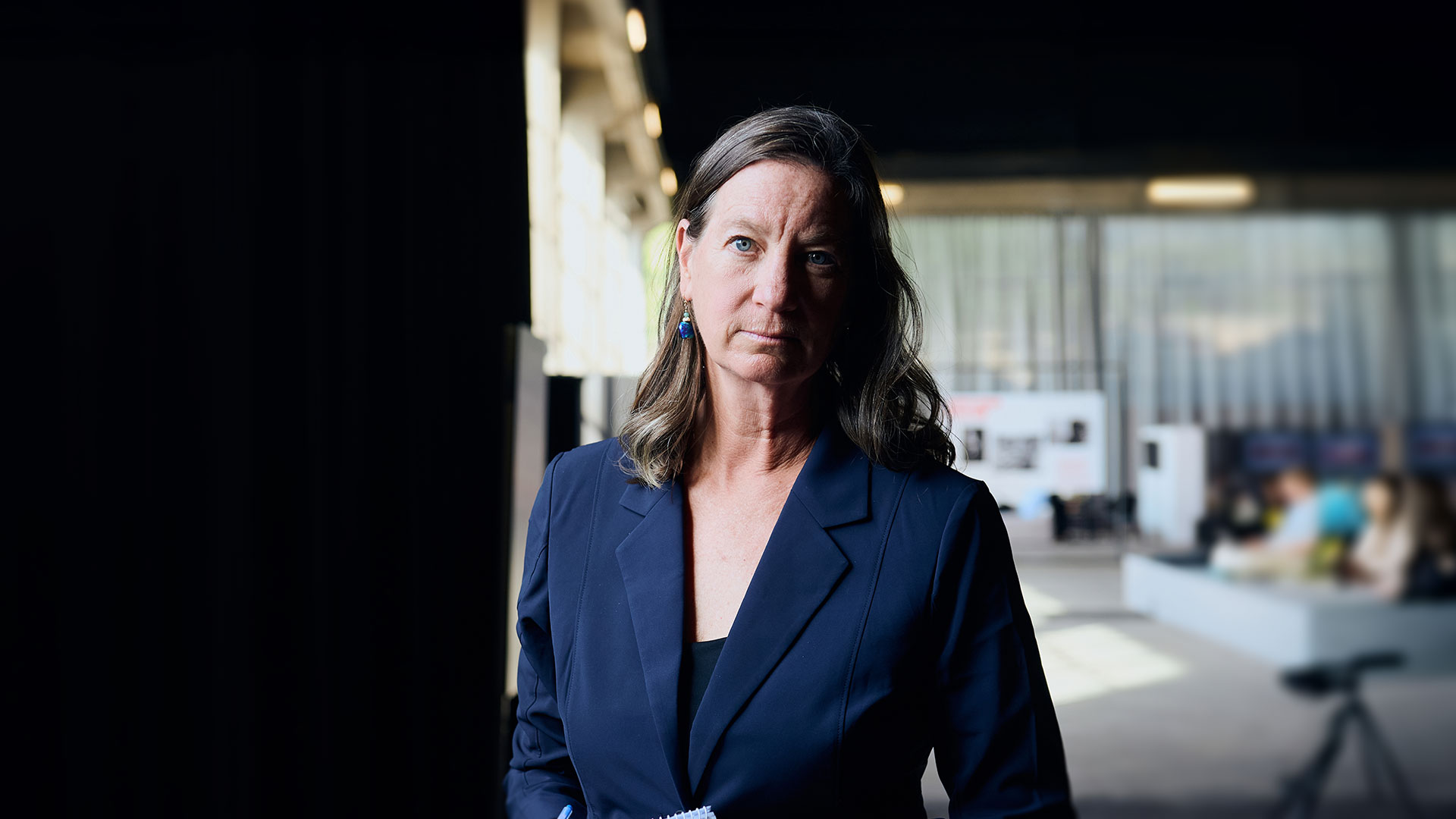Martha Mendoza has spent her career chasing stories that the world would rather ignore —from the forgotten massacre of Korean civilians to enslaved fishermen in Southeast Asia. We talked about the investigations that defined her path, and what it means to report for the public good.
Featured image: Petros Toufexis / iMEdD
In 1984, Martha Mendoza walked into a journalism class at the University of California, Santa Cruz, burning with frustration at the world’s injustices. Her professor, Conn Hallinan, a former foreign editor with an eye for untapped talent, saw in her more than just anger. He saw purpose. And in that classroom, she started shaping her career, which is devoted to public service reporting.
Martha Mendoza is a two-time Pulitzer Prize (2000, 2016) and Emmy Award winner (2020). Her 18-month Seafood From Slaves investigation with the Associated Press (AP) earned a Pulitzer in 2016 and helped free more than 2,000 enslaved fishermen in Southeast Asia. At this year’s iMEdD International Journalism Forum, Mendoza shared a 15-minute case study on how that investigation came together.
We met Medoza on the sidelines of the Forum.
A mother of four with more than 30 years of reporting experience worldwide, she recently left the AP to join Frontline, PBS (Public Broadcasting Service).
Reflecting on a quality that has defined her career, she replied without hesitation: “Our job is to bear witness and report truthfully, with standards, with accuracy.”
Our job is to bear witness and report truthfully, with standards, with accuracy.
Martha Mendoza, Correspondent, Frontline, PBS
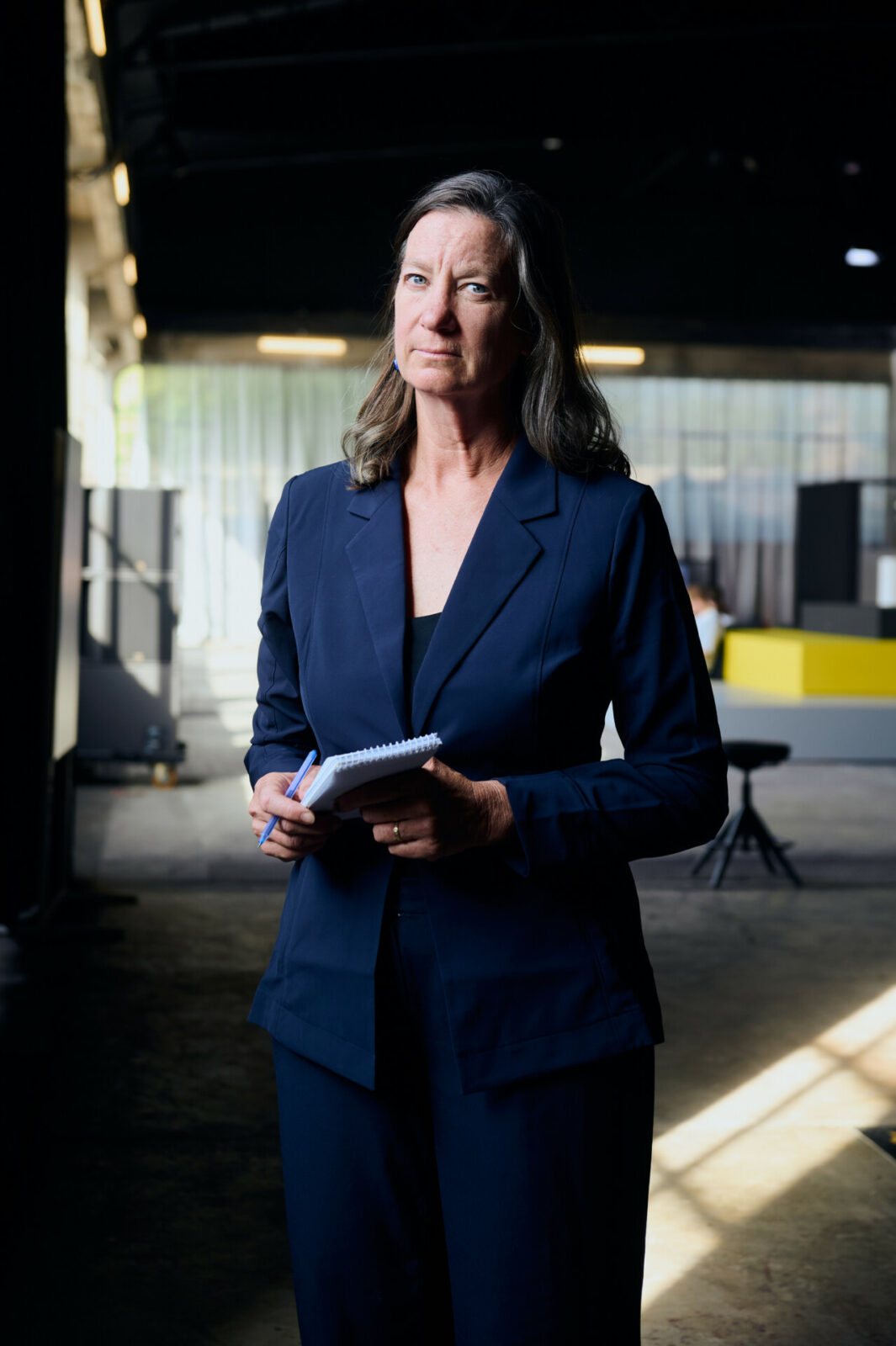
Writing wrongs: The No Gun Ri massacre investigation
Mendoza, the daughter of two Peace Corps administrators, a US program that sends volunteers abroad to promote peace, grew up overseas — in India, Samoa, and Nepal.
From a young age, she saw the human cost of war. One of her earliest memories is the conflict between India and Pakistan. “I must have been three or four [years old],” she said to iMEdD. “It is of us taping over our headlights and shutting the windows, so that we couldn’t be seen at night. Even then, I understood how unfair war was to civilians”.
In 1995, she joined the AP after working for local media outlets in California. Early in her career, she earned recognition for her investigative reporting, including her coverage exposing flaws in the federal wild horse program in 1997, and her work, as part of a team, that investigated illegal child labor across the United States. And it was while working on other projects that Mendoza stumbled upon a story that would define her career.
In 2000, she won her first Pulitzer Prize for uncovering the No Gun Ri massacre, along with her colleagues Sang-Hun Choe and Charles J. Hanley.
“I was working on something unrelated,” she said. Then, Choe, an AP colleague, reported that “in Korea, people were talking about a massacre that took place [during the Korean War], and in the United States, there was complete denial. Maybe it’s a personality thing, but I was not going to give up until I found out the truth”.
She spent three weeks poring over US military records at the National Archives in Washington, D.C., mapping every unit in the region. “Then, we went to the National Personnel Records Center, filed Freedom of Information Act (FOIA) requests, and found the rosters of the men who were there,” she recalled.
Maybe it’s a personality thing, but I was not going to give up until I found out the truth
Martha Mendoza, Correspondent, Frontline, PBS
The next step was to call former soldiers who had returned from the war. Some of them had Alzheimer’s or dementia. “When I reached the 29th person, he started correcting me. So, I said, ‘You know, I’m working on a story about something that happened to civilians early in the Korean War.’ And he said, ‘Yeah, we had to kill them all that day. It was my 20th birthday, and I’ll never forget it.”
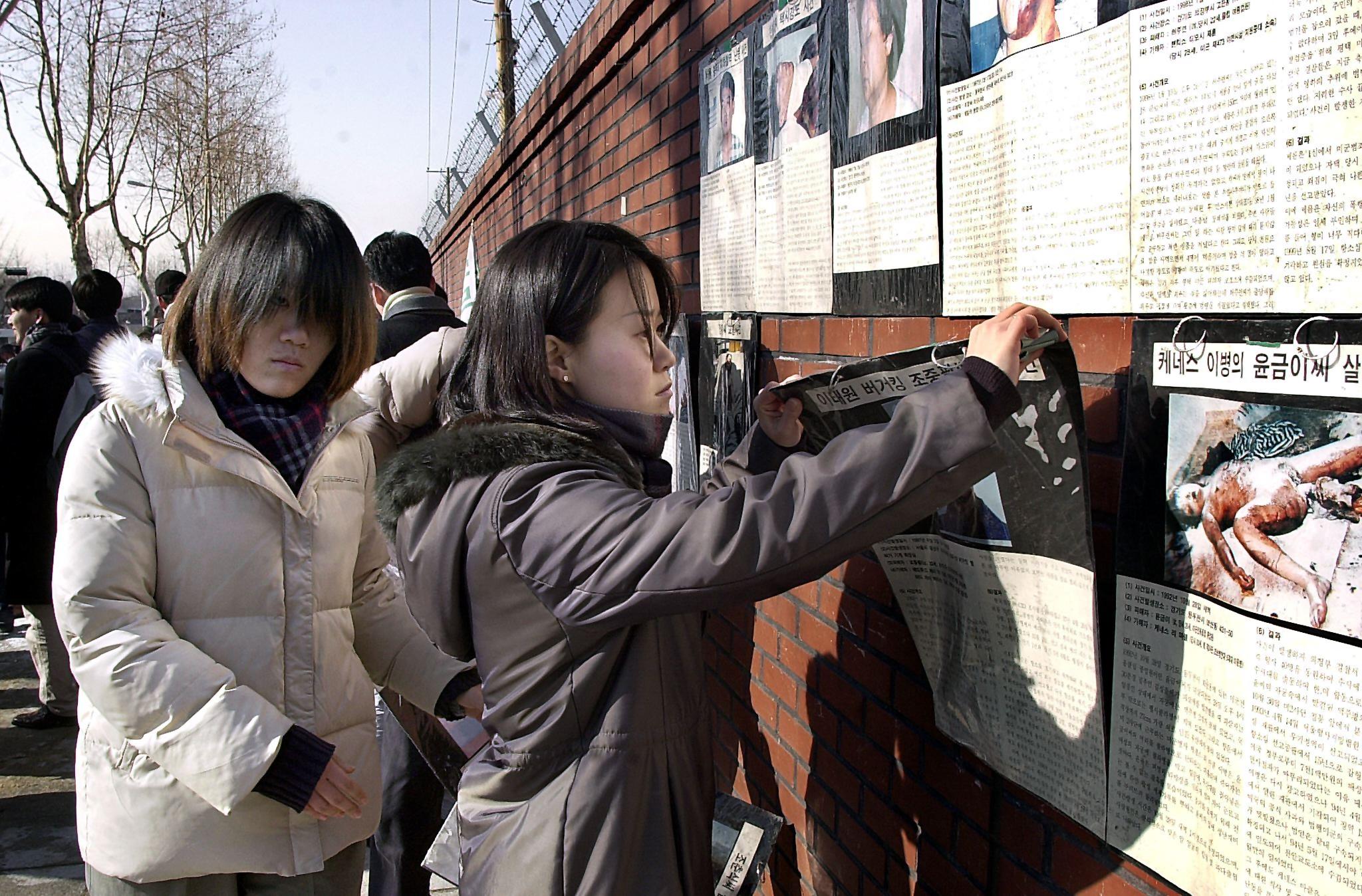
The investigation of the team, based on extensive records and eyewitness testimonies, revealed a long-hidden truth involving US soldiers and hundreds of civilians.
On January 11, 2001, President Bill Clinton expressed regret in an official statement, but did not offer the apology survivors had sought, and no compensation was offered. The survivors also turned down a U.S. proposal to create a memorial at No Gun Ri and set up a scholarship fund.
It took her 25 years, she says, to visit the No Gun Ri memorial in Korea. She went with her husband and two daughters on the anniversary of the massacre. What struck her the most was the forgiveness of the locals, how they chose to turn that trauma into a teaching of peace. “That, to me, was profoundly moving.”
Following the supply chain: The “Seafood from Slaves” story
The same meticulous paper trail that uncovered the No Gun Ri massacre became the backbone of her second Pulitzer Prize–winning investigation, Seafood From Slaves, that started in 2014.
For years, journalists had reported individual cases of human trafficking and modern slavery on Southeast Asian fishing boats. Frustrated by the lack of systemic change, Mendoza and her colleagues, Margie Mason and Robin McDowell, decided to trace the source of the abuse.
“The men are in cages,” Margie Mason told Mendoza on the phone. She had to repeat it five or six times before Mendoza fully grasped that the fishermen were being held like prisoners. “That’s when, for me, this whole thing just escalated dramatically,” Mendoza recalled.
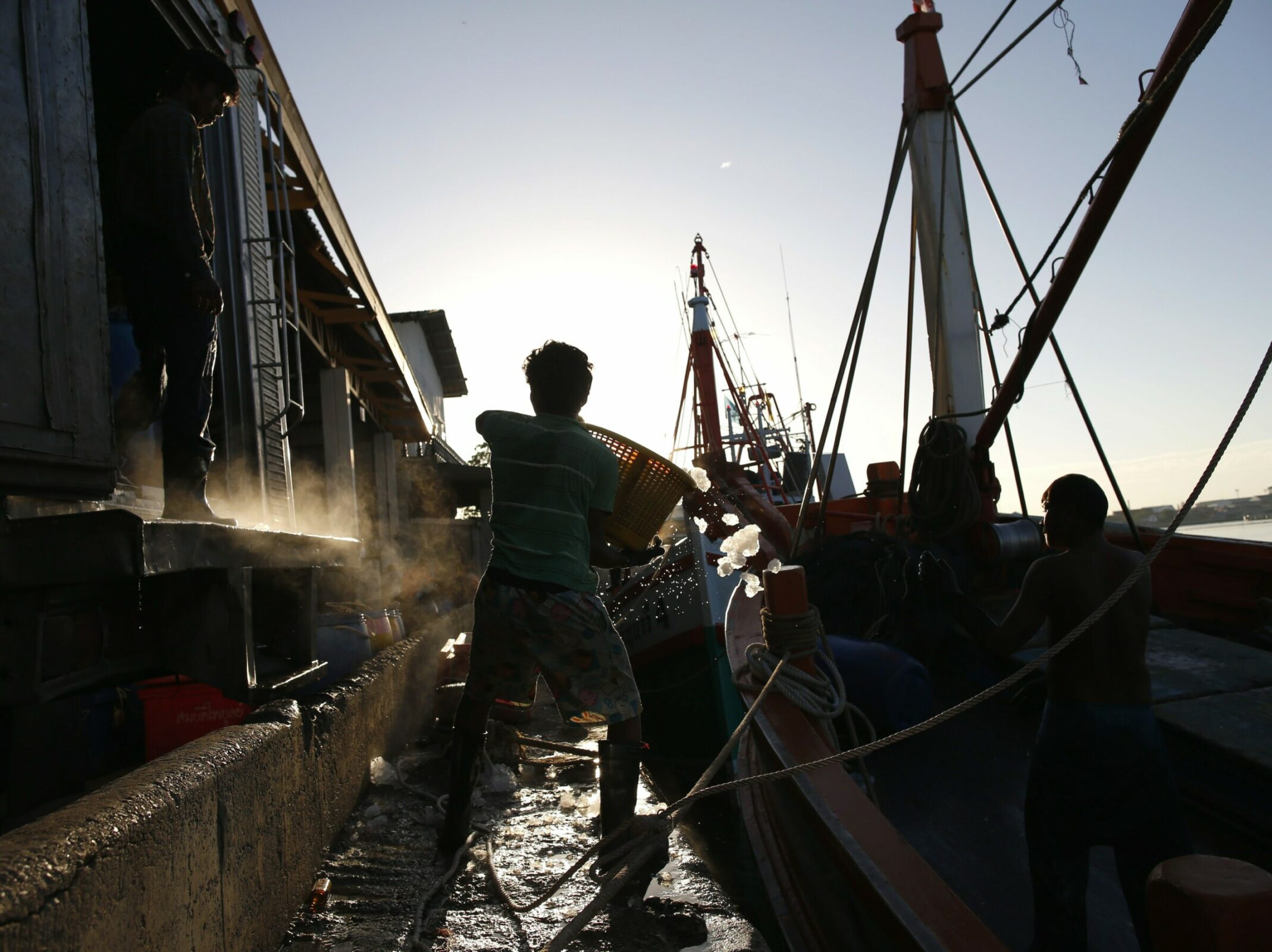
For over a year, they followed seafood from processing plants on the remote Indonesian island of Benjina, all the way to Western dinner tables.
As she mentioned in her presentation on the Forum’s stage, the team used satellite tracking to follow the boats hauling the catch and observed the multi-day unloading process. Then, they staked out the trucks as they unloaded it onshore and moved it to processing facilities. Using digitized customs bills of lading (available through services like “Import Genius“), they traced the seafood from these facilities to major seafood distributors in the United States. Eventually, Mendoza contacted an American importer, who quickly began naming some of the US’s largest supermarket chains that sold seafood, whose journey began on Benjina Island.
The publication of the investigation prompted local authorities to rescue thousands of men and minors working under inhumane conditions. At the same time, it drew public attention to the supply chain that brings their food to the dinner table.
Mendoza noted that, back in 2016, journalists were often discouraged by their news organizations from engaging directly with the public. With the AP’s approval, she defied that norm, taking the Seafood from Slaves investigation to Reddit and interacting directly with readers. “Reddit was an adrenaline rush,” she says now, looking back.
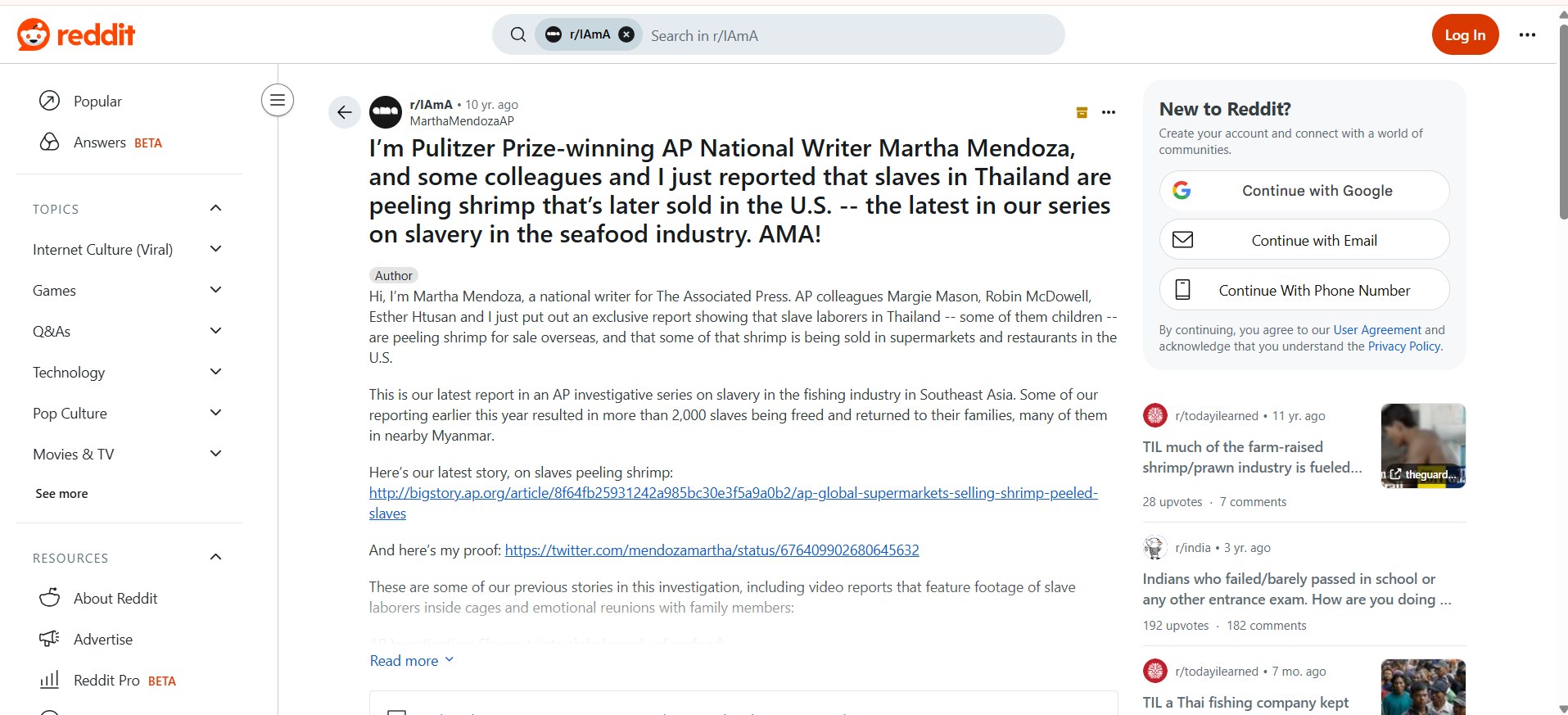
Bearing witness today
Reporting under the current Trump administration has grown increasingly perilous. “Well, for one thing, news organizations are getting sued,” said Mendoza. “And I have been sued when I was completely right, sued for defamation and libel.”
She recalls the first time Trump ran for office, attending a political rally near her home. She approached supporters, introducing herself and asking how it felt to have the candidate in their community. The response was immediate and hostile. People shouted, “You’re a journalist? Fuck you.”
The hostility hasn’t been confined to rallies. Over the past years, she began noticing that profiles from the Drug Enforcement Administration (DEA), or the Federal Bureau of Investigation (FBI), suddenly followed her on LinkedIn. She added that even emails she sent to public officials for reporting purposes were met with rudeness, suspicion, and defensiveness.
This year, when the U.S. Immigration and Customs Enforcement (ICE) raided her neighbors’ house, Mendoza was the only one outside, yelling at the federal police: “Who are you? What are you doing here?” She went back inside, called the Justice Department, and filed FOIA requests.
She also notes that recent protests against the Trump administration have gone largely underreported. “Americans are turning out by the millions —in small towns and big cities— to protest,” she said. She spoke with local media editors on those days, yet the scale of participation rarely made the news.
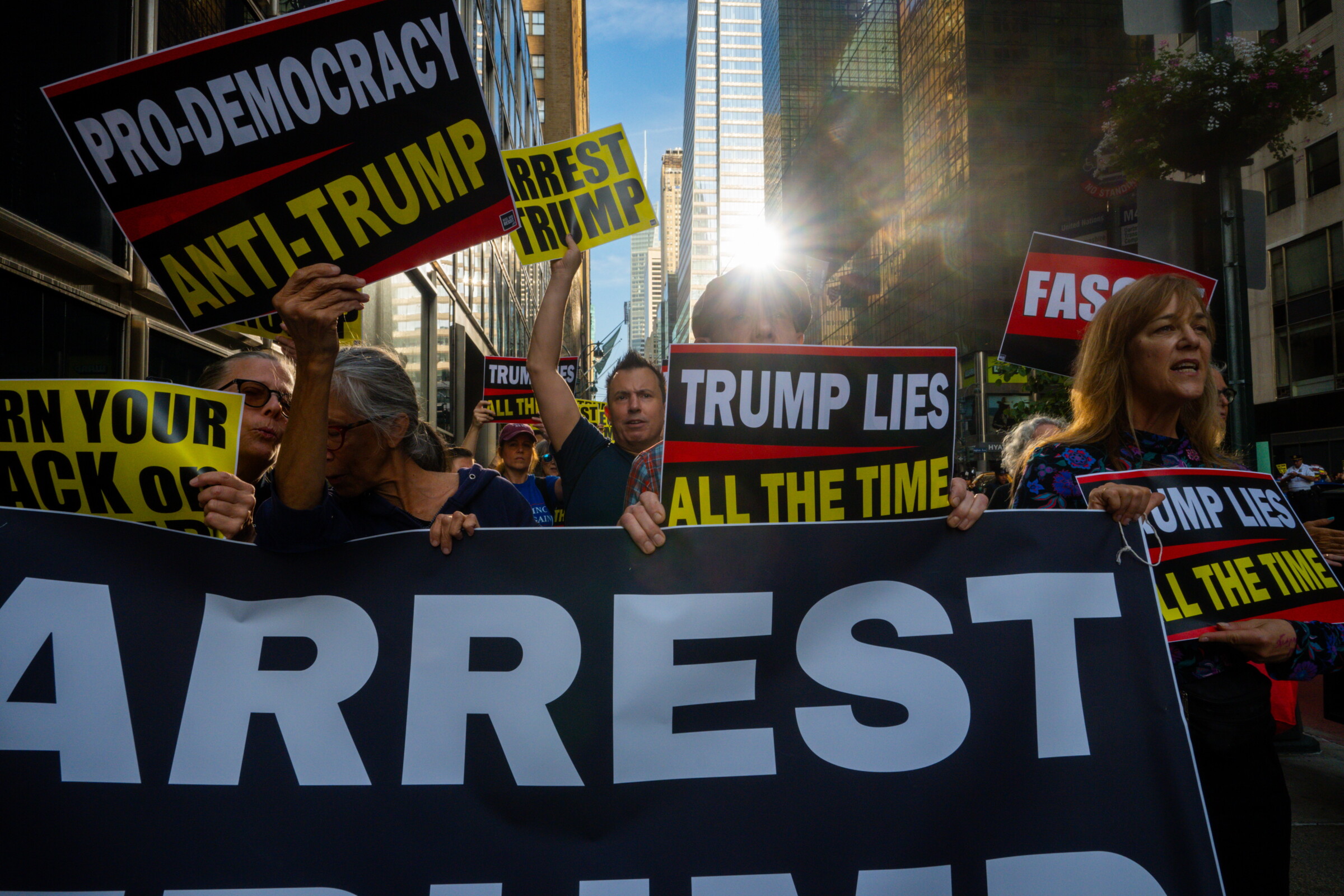
As a strong advocate for open government, she has taken her children, visitors, and students in her journalism class, the one she graduated from at the University of California, Santa Cruz, to observe proceedings in US courts. Most of the time, though, the courtrooms are usually empty, she said.
I think everyone should sit in court sessions […] Anyone can walk in, and nobody does.
Martha Mendoza, Correspondent, Frontline, PBS
“I think everyone should sit in court sessions […] Anyone can walk in, and nobody does,” she told iMEdD. “[In immigration courts] there’s a judge, someone who doesn’t speak English, and a prosecutor. All that drama is unfolding right there.”
For her, those empty courtrooms are lessons in journalism. She teaches her students to be present, to bear witness, and to report with curiosity and empathy.
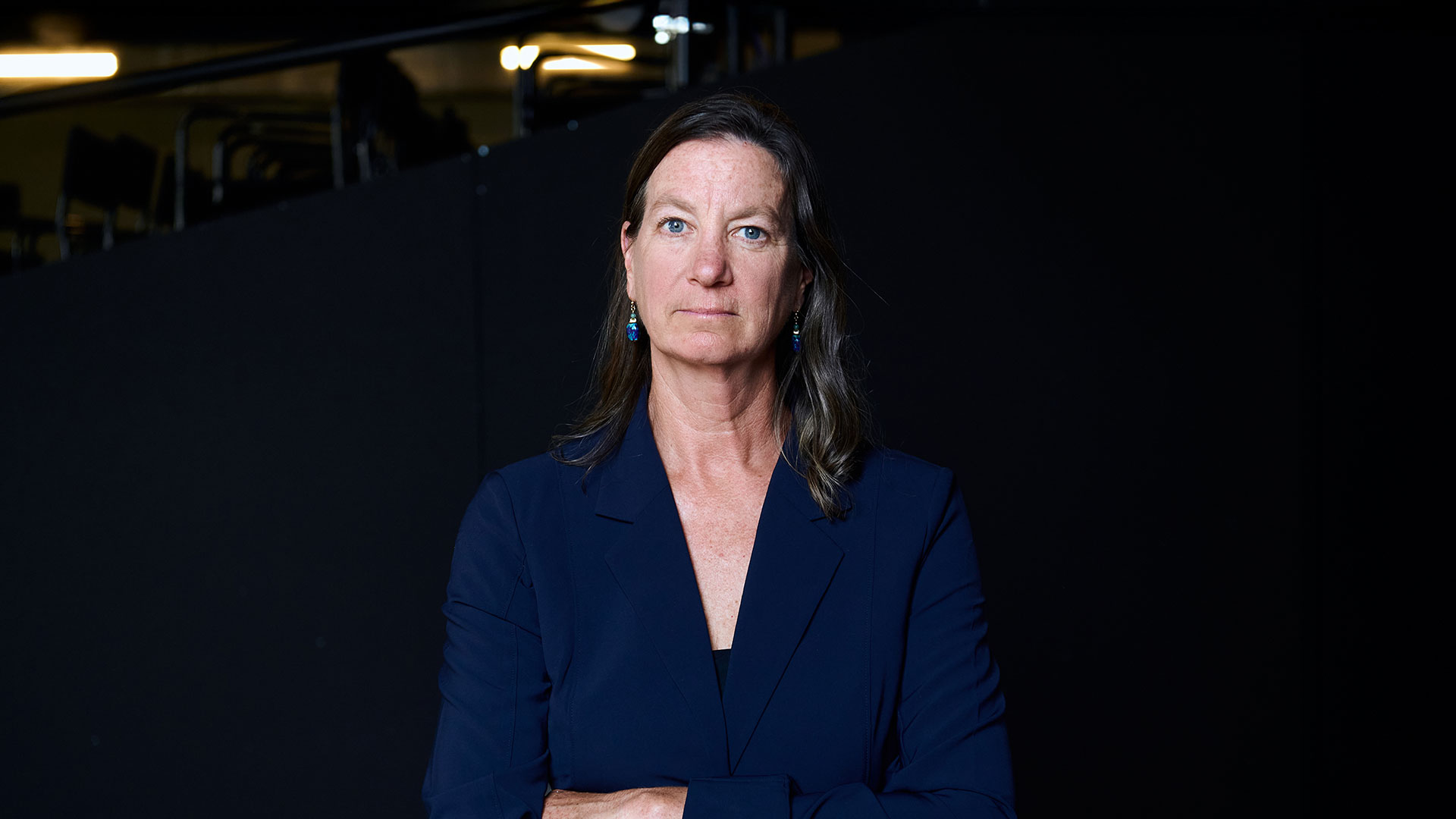
Circling back to her stories
In most of her investigations, she bears witness to tragedy and human suffering. Fortunately, she added with a smile, her strong family support system helps her stay grounded.
Among the many stories she has reported, some have etched themselves permanently in her memory. These are the stories she hopes to return to one day.
One of them is the story of a now six-year-old Afghan girl, who was taken by a US Marine and his wife after a military raid in Afghanistan. Mendoza frequently reflects on the girl’s identity and future, growing up with a white, Christian family, knowing her story is widely reported and subject to ongoing lawsuits.
The second is one of her investigations as a junior reporter, the slaughter of hundreds of wild horses and burros.
“Many of these animals were sent to Mexico or Canada to be slaughtered”, she says. “Now, under Project 2025, the Trump administration is reportedly seeking to change federal law to allow horse slaughter within the US”.
For Mendoza, circling back to these stories isn’t just about following up.
It’s about accountability and making sure issues she’s covered aren’t forgotten, once the headlines fade.

